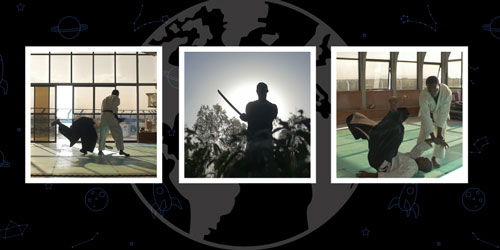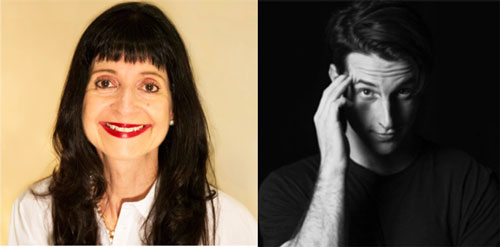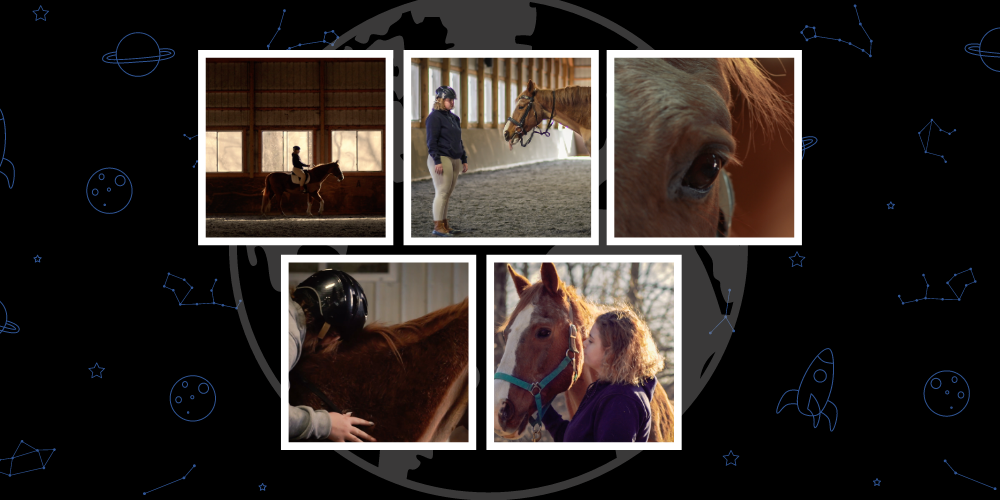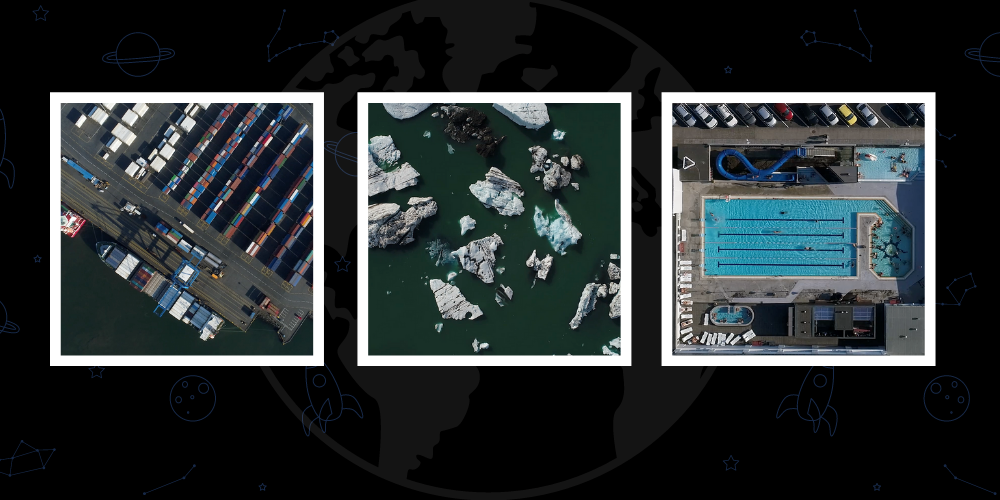This month audiences can view David Hutchinson’s The Gospel of Combat, a short documentary about an East African martial artist, Benedict “Ben Sensei” Kiyagi.
In this compelling documentary, viewers will discover Ben’s personal journey towards self-understanding through Aikido and Karate as he struggles to make a living from a handful of private lessons.
Set against the 2017 election riots in Kenya, this story also explores among other things the application of the martial arts as a spiritual practice and shares how it has helped Ben Sensei make sense of his multi-cultural identity amid pervasive tribal conflict.
The Global Search for Education is pleased to welcome Director David Hutchinson.
David, what made you decide to tell this story? Why did you call it The Gospel of Combat?
When I graduated from college, I did a six-month internship with a non-profit in Nairobi. During that period, Ben was my next-door neighbor. We connected over a shared love of martial arts. I had done mixed martial arts since I was probably 10 years old, and Ben had been training in Karate and Aikido for many years at that point. So originally our friendship was sort of a student-teacher relationship. I had been looking for a documentary subject and I told Ben and he sort of volunteered. He was like, “Why don’t you make your film about me?”
We called it The Gospel of Combat because of the throwaway line in one of Ben’s interviews. He sort of got on this roll, talking about how martial art is like a rhythm. It’s like a river. It’s something which is flowing. It’s like the gospel. And so, I asked him, “You’re sort of like an apostle of the martial arts?” He was like, “Yeah, yeah, that’s how I view myself.” So we decided to call it The Gospel of Combat because the message is about martial arts, in particular the martial art, Aikido, has a sort of spiritual dimension and an application to your life beyond combat and fighting.
What did you learn from “Sensei Ben” Kiyaga that you did not know when your creative process began?
I think the first thing is just how Aikido works, the principles behind it. And for me, probably the biggest concept was the idea of accepting energy and redirecting it. Instead of meeting problems head-on, you sort of give and you use curves. In Aikido, physical curves redirect the aggression that’s coming towards you. I think the other thing that I learned from Ben was about commitment and a willingness to take risks. Ben is an entrepreneur. He’s trying to create a business and a market for himself and he’s succeeding in that. It takes incredible drive and a willingness to step into the unknown. Martial arts isn’t really an established moneymaker in Nairobi, but he’s trying to make it one. He’s trying to make a living off his passion and I really admire his tenacity.
Can you speak a little about “Sensei Ben” Kiyaga’s story set against Nairobi’s 2017 post election violence in relation to your film.
I was living in Kenya during the 2016 US presidential election, and like a lot of privileged, liberal white people, I was shocked by the outcome. One thing that stood out to me about the election was how far the winning narrative had shifted in just four years: Obama won on a platform of centrism; Trump won on this campaign of intensely polarizing, xenophobic populism.
Meanwhile in Nairobi, there was this tension building around the 2017 election. When Uruhu Kenyatta won, there were large-scale protests, primarily in Nairobi, and the Kenyan Supreme Court actually invalidated the result of the election due to allegations of foul play. In the midst of all that stress, Ben’s philosophy struck me as particularly beautiful. It was clear that he was applying those principles in Aikido not just in the dojo but also in his life. It was a way of interpreting the situation, and I thought that was really cool. So I wanted to feature it in the film. There is a tendency for western journalists to focus on political conflict and violence when reporting from East Africa. But rewatching the film after the 2020 US presidential election, those protest scenes in The Gospel of Combat feel much closer to home. I think when I was watching it play out in Kenya, I was like, “Wow! I can’t imagine something like this happening in the US”, and I feel like over the course of four years we ended up there. We had an insurrection at the Capitol. We had a president who refused to concede. I found myself experiencing intense amounts of stress, and I think those Aikido principles stood out as more valuable. I think the message that I would hope people take from the film now is that Aikido is a valuable tool set for processing stressful situations. Whether they’re large-scale political ones or small-scale interpersonal ones. Aikido has something to offer for your mental health, regardless of your circumstances.
How do you believe the themes of your film can apply in the wake of the COVID-19 pandemic?
Unlike Karate, Aikido is a martial art you can’t practice by yourself. It takes two. I think as we come out of our covid bubbles, we’ll benefit by holding the principles of this art in our minds. For the past year, we’ve mainly been interacting with highly controlled, digital constructions of other people, through email, zoom, tik tok, etc. Now that we’re interacting face to face, things are less filtered. Aikido can help with that. So, it’s kind of a speculative answer but that’s what I got.
Final question, how would you describe your goals in making this film with “Sensei Ben” Kiyaga and did you achieve them?
We had two goals when we were making the film. One was to tell a story about martial arts and two was to create material we could use to promote Ben’s business. I’m not sure how valuable the film has been to Ben. I made some 60 second edits for him to put on Instagram and promote it. So those might have actually got more views for Ben. When you’re making a film and trying to get it into film festivals, it takes a long time for people to actually see it. On the festival circuit, I do think the film has succeeded in building awareness about Aikido. Not a ton of people who aren’t already in the martial arts community have an appreciation for the philosophies behind the arts. I have had a lot of great conversations with people on the festival circuit who saw the film and were like, “Wow! I didn’t realize that there was this whole kind of a mindset behind each individual martial art and that they differed and that they were in a conversation with each other.” I do think that the film has helped spread awareness and raise appreciation for the martial arts among people who have seen it.
Thank you David.
C.M. Rubin and David Hutchinson
Don’t Miss David Hutchinson’s The Gospel of Combat, now screening on the Planet Classroom Network YouTube Channel. This film is curated by NFFTY for Planet Classroom.







Recent Comments